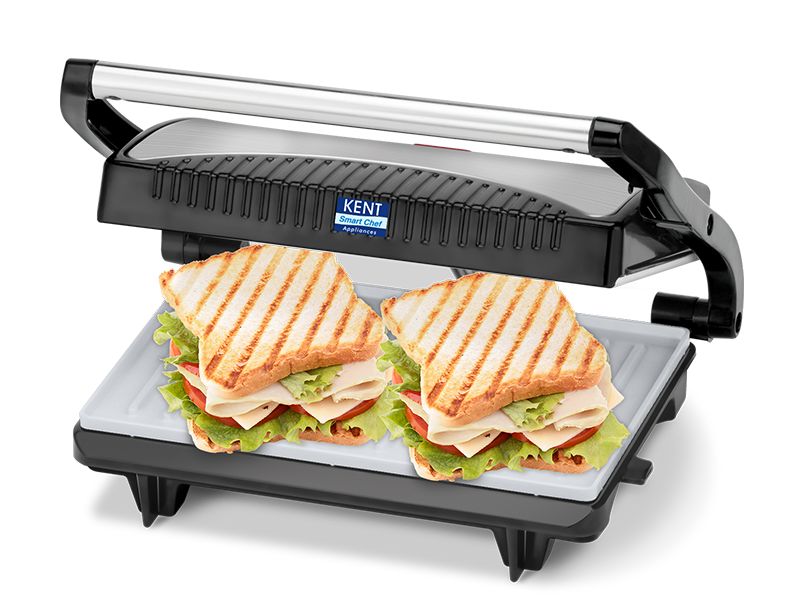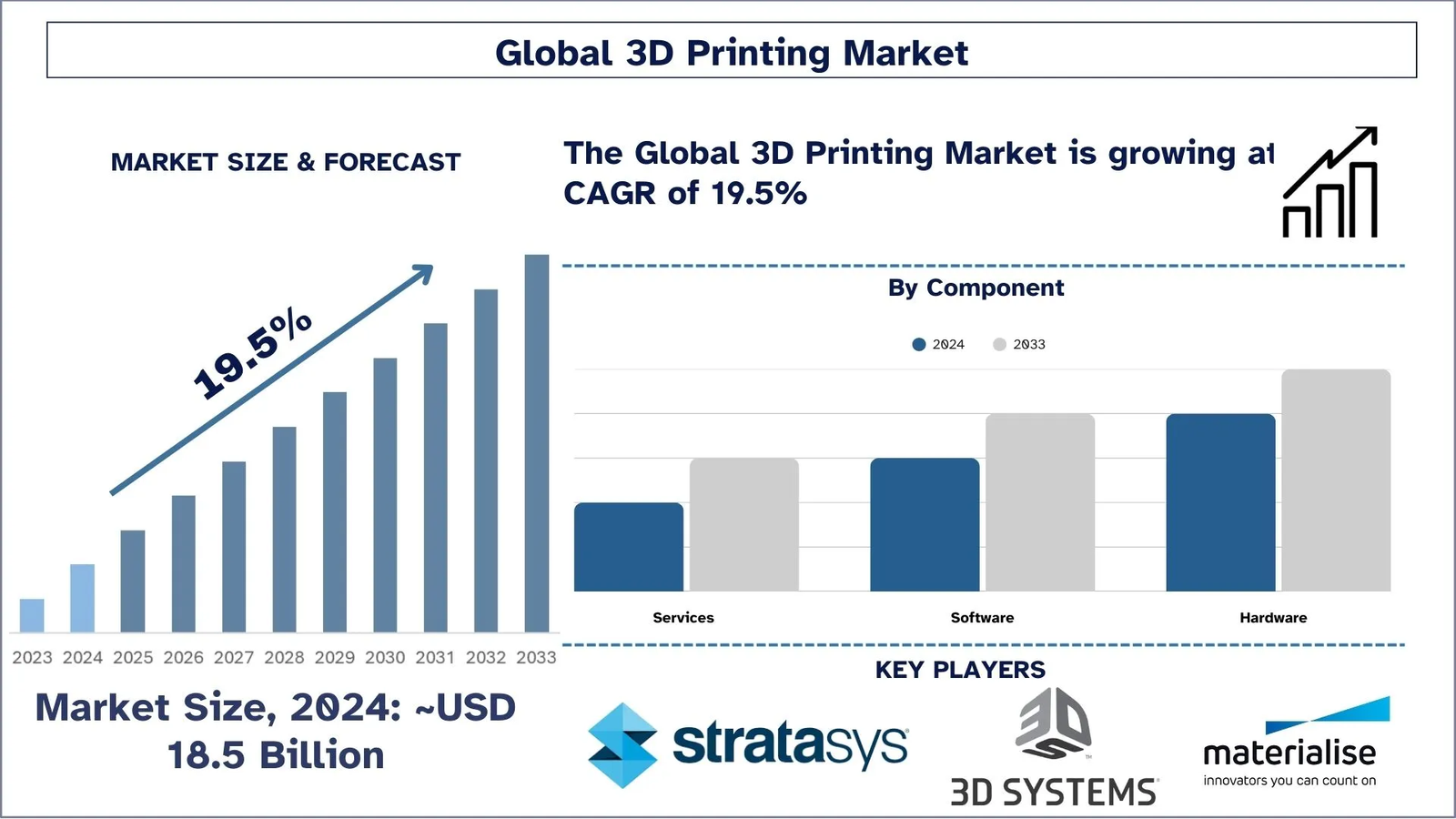In the fast-paced world of business, efficiency and preparedness are key to success. Whether you’re running a small enterprise or managing a large corporation, ensuring that you have the right materials, products, or resources at your disposal is critical. This is where provisions supply plays a pivotal role. A reliable supply of provisions ensures your operations are smooth, your team is well-equipped, and your customer demands are met consistently.
But what exactly does “provisions supply” mean, and why is it so important?
What is Provisions Supply?
Provisions supply refers to the acquisition, management, and distribution of essential resources or materials needed for the smooth operation of a business. These provisions can be anything from raw materials and equipment to consumables and even food supplies in some industries. The goal of a provision supply system is to make sure that businesses can operate without interruption, regardless of external challenges.
Some common examples of provisions include:
- Raw materials: For manufacturing or production businesses.
- Office supplies: Essential tools and materials for day-to-day operations.
- Maintenance and repair items: Necessary for keeping equipment and infrastructure running smoothly.
- Food and beverages: In the hospitality or catering industry.
- Safety equipment: Such as protective gear or emergency supplies.
In essence, it’s the backbone of business operations, ensuring that everything needed is available at the right time.
Key Benefits of an Effective Provisions Supply System
An effective provisions supply system is not just about stocking up; it’s about managing resources strategically to optimize business operations. Here are some key benefits:
1. Minimized Downtime
When you have a steady supply of necessary provisions, there’s less chance of experiencing disruptions. Whether it’s a critical part for machinery or office supplies for your team, having provisions on hand ensures that you can continue operations without delays.
2. Cost Efficiency
Managing provisions efficiently can lead to significant cost savings. By optimizing inventory levels, businesses avoid overstocking or running out of stock, both of which can be costly. Strategic sourcing and long-term supplier relationships can further reduce overall procurement costs.
3. Improved Productivity
A well-stocked inventory allows employees to focus on their work instead of hunting for the materials or tools they need. For businesses involved in manufacturing, having the right provisions on hand ensures production lines continue without unnecessary stops.
4. Enhanced Customer Satisfaction
A steady supply of materials and products ensures that you can meet customer demand promptly. Whether you’re running a retail store or a manufacturing plant, fulfilling orders quickly and consistently is crucial for customer retention and satisfaction.
5. Risk Mitigation
An effective supply system helps businesses anticipate potential shortages, delays, or external disruptions. It allows for contingency planning, ensuring that businesses can adapt to unforeseen circumstances like supply chain disruptions, changes in market demand, or external crises.
Types of Provisions Supply
Depending on the industry and business model, the types of provisions supply can vary widely. Below are some common types:
1. Raw Material Supply
Manufacturing industries rely heavily on the consistent supply of raw materials to produce goods. Whether it’s steel, plastics, chemicals, or wood, securing raw material supply at competitive prices is essential to avoid production delays and maintain quality standards.
2. Inventory and Stock Management
For businesses in retail or wholesale, managing provisions often refers to maintaining appropriate stock levels. This includes everything from finished products, spare parts, or packaging materials to ensure that there’s always enough to meet demand without overstocking, which ties up capital.
3. Office and Operational Supplies
For non-manufacturing businesses, provisions might include everything from pens, paper, and computers to office furniture, cleaning supplies, and even food in the case of office kitchens. Ensuring that employees have the right tools and materials fosters a productive work environment.
4. Safety and Emergency Provisions
In industries like construction, manufacturing, and healthcare, safety provisions are essential. These include things like helmets, gloves, and first-aid kits that keep employees safe. Additionally, businesses need to plan for disaster recovery or emergency situations by having necessary backup provisions in place, such as power generators or medical supplies.
5. Food and Beverage Supply
In hospitality and catering, provisions supply can refer to the procurement of fresh ingredients, kitchen supplies, and beverages. The efficiency of this supply chain directly impacts the quality of food and service offered to customers.
How to Manage Provisions Supply Effectively
Effective management of provisions supply requires careful planning and strategy. Below are some best practices:
1. Implement an Inventory Management System
A digital inventory management system helps track stock levels, usage, and reorder points in real-time. By automating many of the supply management tasks, businesses can reduce human error and ensure that nothing is overlooked.
2. Build Strong Supplier Relationships
Having reliable suppliers is critical to a smooth provisions supply process. By maintaining strong relationships with trusted suppliers, businesses can secure better pricing, faster delivery times, and more consistent quality.
3. Monitor Usage Trends
Tracking how quickly certain materials or products are used can help you predict future needs. Understanding consumption trends allows businesses to plan for peak seasons or unexpected demand spikes, avoiding shortages or excess stock.
4. Diversify Your Supply Chain
Relying on a single supplier can be risky. Consider diversifying your suppliers or sourcing provisions from multiple vendors to mitigate the impact of disruptions from one source. This will give you more flexibility and reliability in your supply chain.
5. Establish Contingency Plans
Emergencies happen. Whether it’s a natural disaster, labor strike, or unexpected demand surge, having a backup plan ensures that your provisions supply chain isn’t derailed. This could include maintaining buffer stock or setting up agreements with alternative suppliers.
Conclusion
Provisions supply is an integral part of any business, supporting everything from daily operations to long-term growth strategies. By ensuring that you have the right resources at the right time, you can minimize downtime, reduce costs, and maintain productivity. Whether you’re in manufacturing, retail, hospitality, or any other industry, an effective provisions supply system helps ensure that you’re always ready for whatever comes next.
By implementing smart strategies, forging strong supplier relationships, and using technology to monitor and optimize your provisions, you can future-proof your business and stay competitive in an increasingly dynamic marketplace.












Leave a Reply